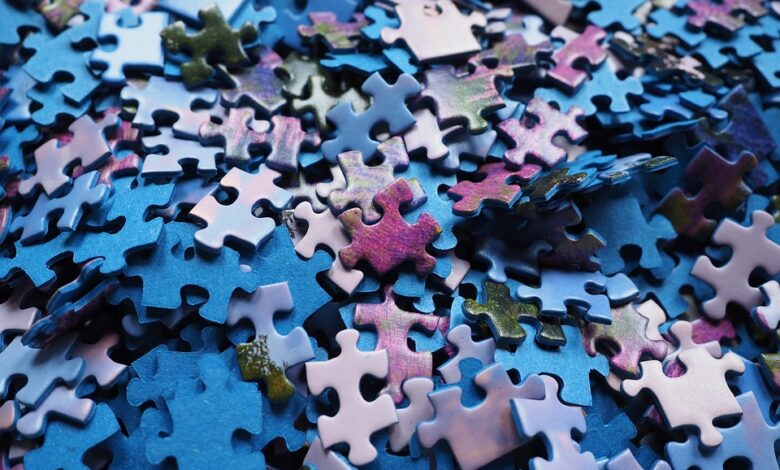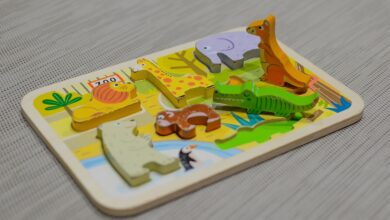Puzzle Games for Developing Resilience and Grit

Resilience, the ability to bounce back from setbacks and overcome challenges, is a crucial trait to have in today’s fast-paced and ever-changing world. Grit, on the other hand, refers to the perseverance and determination to stick to long-term goals despite facing obstacles along the way. Puzzle games, with their complex problems and difficult levels, serve as a great training ground for the development of these characteristics.
First and foremost, puzzle games can teach us the importance of patience. Many puzzles require time, effort, and dedication to solve. They test our ability to stay focused and committed to finding a solution, even if it takes multiple attempts or hours of trial and error. This persistence and patience learned through gaming can be carried over to real-life situations, helping us to persevere in the face of challenges and setbacks.
Moreover, puzzles often involve solving problems by thinking outside the box. They require creativity, critical thinking, and the ability to find multiple perspectives and approaches. In puzzle games, there is rarely a straightforward path to victory. Instead, players need to explore different strategies and experiment with various solutions to succeed. This flexibility and adaptability can be essential in dealing with real-world problems that do not always have a clear-cut solution.
Furthermore, puzzle games help develop our problem-solving skills. As we navigate through intricate puzzles, we learn to break down complex problems into smaller, more manageable parts. We become adept at analyzing the situation, identifying patterns, and making logical deductions. These problem-solving abilities, developed through puzzle games, can be applied to various situations in our personal and professional lives. From managing daily tasks to tackling complex projects, these skills become invaluable assets.
In addition to the cognitive skills, puzzle games can also enhance our emotional resilience. Many times, as we progress through a game, we experience failure and disappointment. We might get stuck on a level for days, or repeatedly make the same mistakes. However, this frustration and setback can ultimately lead to personal growth and resilience. We learn to manage our emotions, regulate our frustrations, and maintain a positive attitude despite setbacks. These emotional skills are vital not only for puzzle-solving but also for navigating life’s ups and downs.
Finally, puzzle games often involve teamwork and collaboration, especially in multiplayer or cooperative modes. Working together with others toward a common goal teaches us the importance of communication, cooperation, and compromise. It fosters a sense of camaraderie and encourages us to rely on each other’s strengths and support each other’s weaknesses.
In conclusion, puzzle games are more than mere entertainment. They provide a platform for developing resilience and grit, helping us build important life skills. Through problem-solving, critical thinking, emotional regulation, and teamwork, these games equip us with the tools needed to tackle challenges, overcome obstacles, and thrive in an ever-changing world. So the next time you find yourself immersed in a puzzle game, remember that you are not only having fun but also building valuable qualities that will serve you well beyond the virtual world.





